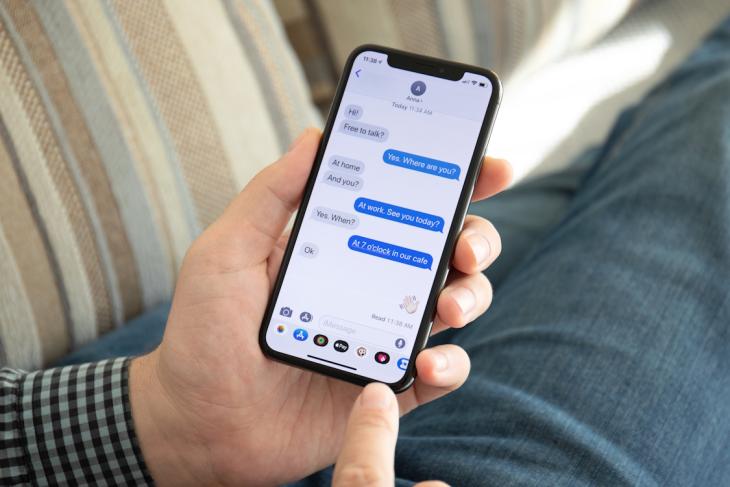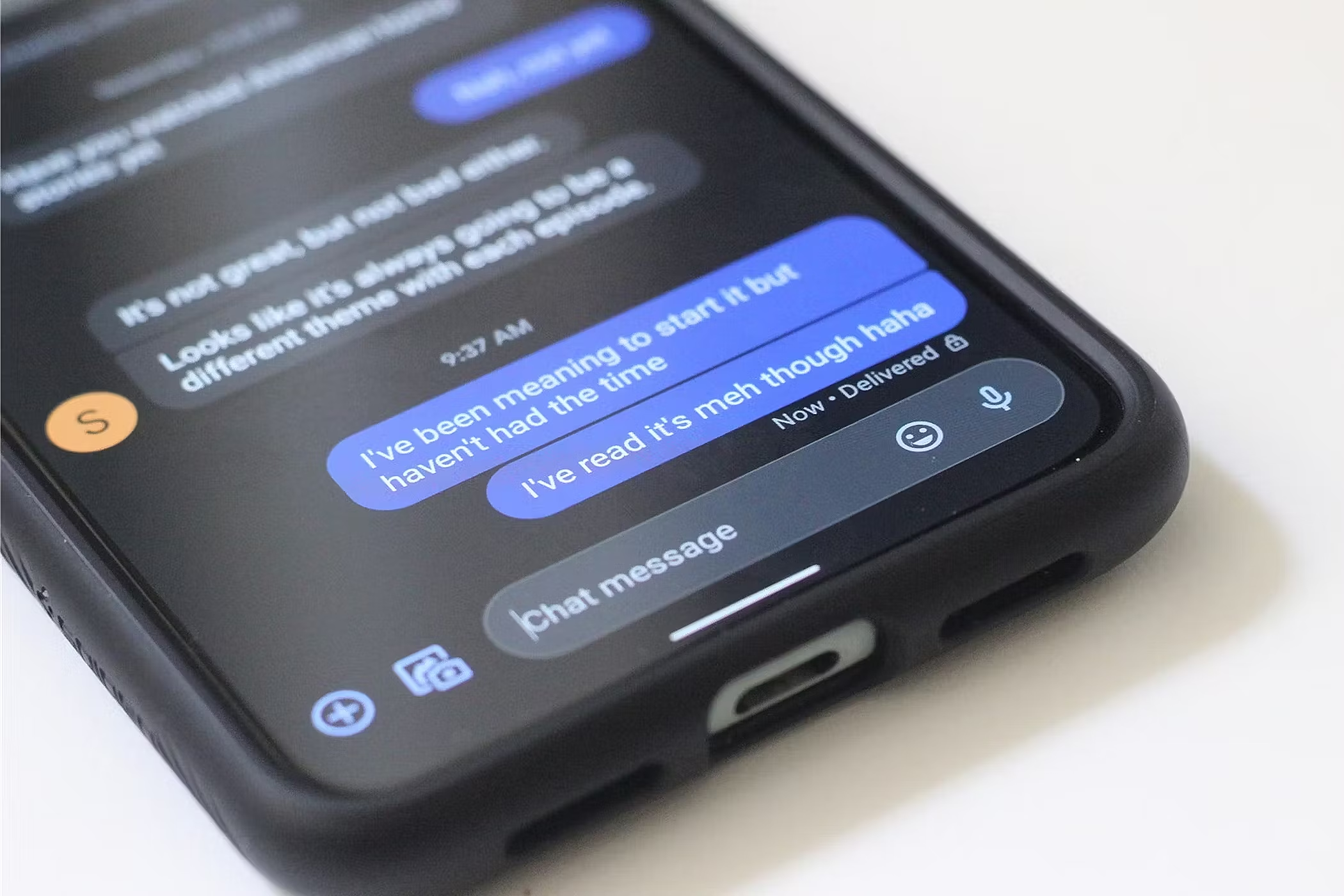Google has finally brought message editing capabilities to Android Messages, leveraging the Rich Communication Services (RCS) protocol. This update allows users to modify, clarify, or even delete messages within a 15-minute window after hitting send. While this feature may seem like a minor convenience, it marks a significant milestone in the evolution of RCS and its ongoing quest to challenge the dominance of Apple’s iMessage.
The Rocky Road of RCS Adoption
RCS, once heralded as the successor to SMS, promised a range of advanced features, including improved multimedia sharing, read receipts, and typing indicators. However, the journey to widespread adoption has been fraught with challenges and inconsistencies.
The Carrier Conundrum
Unlike iMessage, which seamlessly integrates across Apple devices, RCS relies on carrier support for its functionality. This dependence has led to a fragmented user experience, with some enjoying the benefits of RCS while others remain confined to the limitations of traditional SMS. The lack of universal compatibility has been a significant hurdle for RCS in its efforts to compete with iMessage.
The Inconsistent User Experience
The fragmented nature of RCS has resulted in an inconsistent user experience. Some Android users have access to the full suite of RCS features, while others are left wondering why their messaging app feels outdated. This discrepancy has undoubtedly hindered the widespread adoption of RCS, as users seek a reliable and cohesive messaging platform.
Message Editing: A Game-Changer or Playing Catch-Up?
The introduction of message editing in Android Messages is a significant step forward for RCS. It addresses a common user frustration and brings RCS closer to feature parity with iMessage. For Android users who have been hesitant to embrace RCS due to the absence of editing capabilities, this update could be the push they need to make the switch.
The iMessage Advantage
However, some industry experts argue that message editing is merely a catch-up feature rather than a groundbreaking innovation. iMessage has offered editing functionality for years, and its implementation is arguably more advanced than the current version in Android Messages. For example, iMessage provides an edit history, allowing recipients to view the original message content, a feature currently absent in Android’s editing system.

The Future of Mobile Messaging: RCS vs. iMessage
While the addition of message editing is a positive development for RCS, the battle for mobile messaging supremacy extends far beyond a single feature. Several key factors will shape the future of this ongoing rivalry:
Carrier Adoption and Collaboration
For RCS to truly rival iMessage, it needs widespread and seamless carrier support. Google must work closely with mobile carriers to ensure a consistent and reliable RCS experience across different networks. Until RCS can match the seamless integration of iMessage, its potential to dominate the messaging landscape will be limited.
Prioritizing Privacy and Security
In an era of heightened privacy concerns, end-to-end encryption has become a critical feature for messaging platforms. While RCS offers some security enhancements over SMS, it currently lacks the robust encryption that iMessage provides. Implementing strong encryption could be a game-changer for RCS, attracting privacy-conscious users and leveling the playing field with iMessage.
Overcoming the iMessage Lock-In Effect
Perhaps the biggest challenge for RCS is the deep-rooted loyalty of iPhone users to iMessage. The seamless integration of iMessage across Apple devices, combined with features like group chats and FaceTime, has created a strong lock-in effect. Convincing iPhone users to switch to RCS will require more than just feature parity; it will demand a compelling and differentiated value proposition that addresses the unique needs and preferences of Apple’s user base.
Conclusion: Coexistence or Conquest?
The introduction of message editing in Android Messages is a significant milestone for RCS, but it is unlikely to be the decisive blow in the battle against iMessage. A more realistic scenario is a future where RCS and iMessage coexist, each serving different user segments and ecosystems.
For Android users who value cross-carrier compatibility and an open messaging standard, RCS may emerge as the preferred choice. However, iPhone users deeply entrenched in the Apple ecosystem may remain loyal to iMessage, given its seamless integration and rich feature set.
As the mobile messaging landscape continues to evolve, the key to success lies in innovation and delivering a compelling user experience. While RCS has made strides with the addition of message editing, dethroning iMessage will require a holistic approach that addresses the diverse needs of users across different platforms and ecosystems.
The future of mobile messaging is not a zero-sum game. There is room for both RCS and iMessage to thrive, each offering unique value to their respective user bases. As RCS continues to mature and evolve, it has the potential to carve out a significant presence in the messaging landscape. However, the ultimate winner will be the platform that can deliver a seamless, secure, and feature-rich experience that resonates with users across the mobile spectrum.
















Add Comment